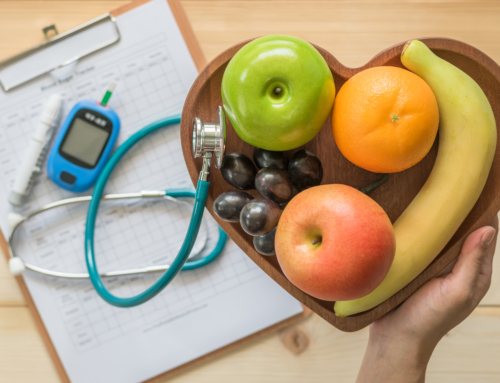When we think of our hearts, we often consider them the engines of our bodies. They are, literally, what keeps us ticking. That’s why making sure our hearts are healthy is so important. Heart disease is the leading cause of death for both men and women, and accounts for one in four deaths, according to the Centers for Disease Control and Prevention.
Preventing Heart Disease
While you can’t control your genetic risk factors, there is a lot you can do to keep your heart healthy. Key prevention habits include not smoking, exercising for 30 minutes most days, and eating a heart-healthy diet that is low in saturated fat from dairy products, red meat, deepfried foods and bakery products. Getting enough sleep and maintaining a healthy weight is also important.
Regular health screenings are a good way to keep track of how well your heart is working. Tests you should get regularly include blood pressure checks, cholesterol lab work and a screening for diabetes.
Cardiac Stress Tests
If you do exhibit consistent symptoms of heart disease (see box), your doctor might order a cardiac stress test to see how your heart handles its workload.
The test shows how well blood flows through the arteries that enter and exit your heart. Low blood flow indicates a possible blockage or a structural concern.
Cardiac stress tests take about an hour, with approximately 10 minutes on the treadmill. Results are sent to a cardiologist for reading. TMH has cardiologists on site to read tests and see patients five days a week. Tests are offered five days a week.
The hospital also has 24-hour Holter monitors that the patient wears for an entire day to show the heart’s function during activity and rest. It’s often used to help diagnose episodes of lightheadedness.
“We have patients keep a diary of when they take their medicines, exercise, sleep or use the bathroom. That way we can track whether the dizziness is related to a certain activity, such as a side effect to medication,” said a TMH cardiologist.
Besides cardiac stress tests, TMH also offers pulmonary function tests to diagnose lung and breathing disorders. For more information, call respiratory therapy at 970-826-2210.
If you are experiencing chest pain, seek medical care immediately through the emergency department.





